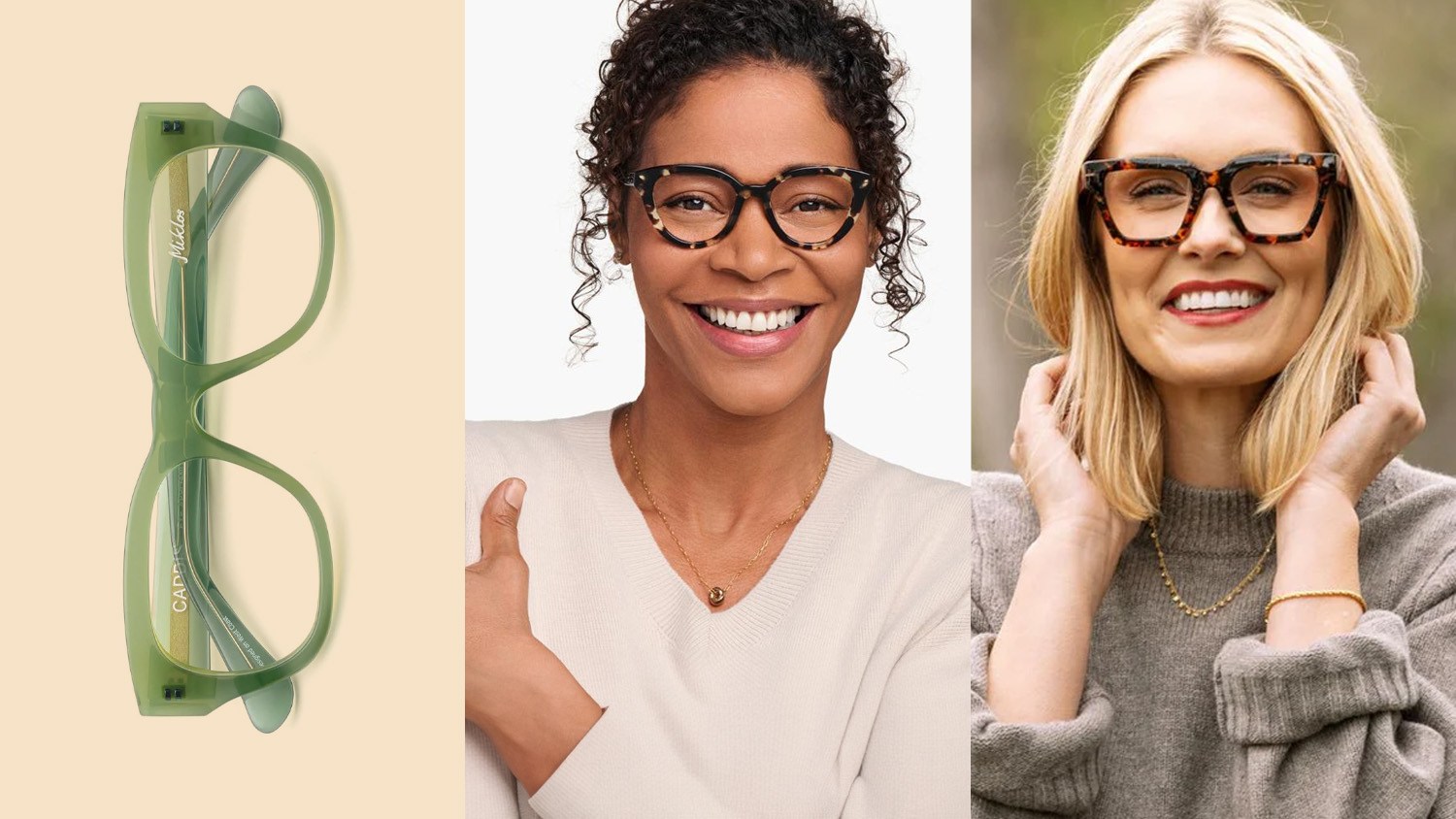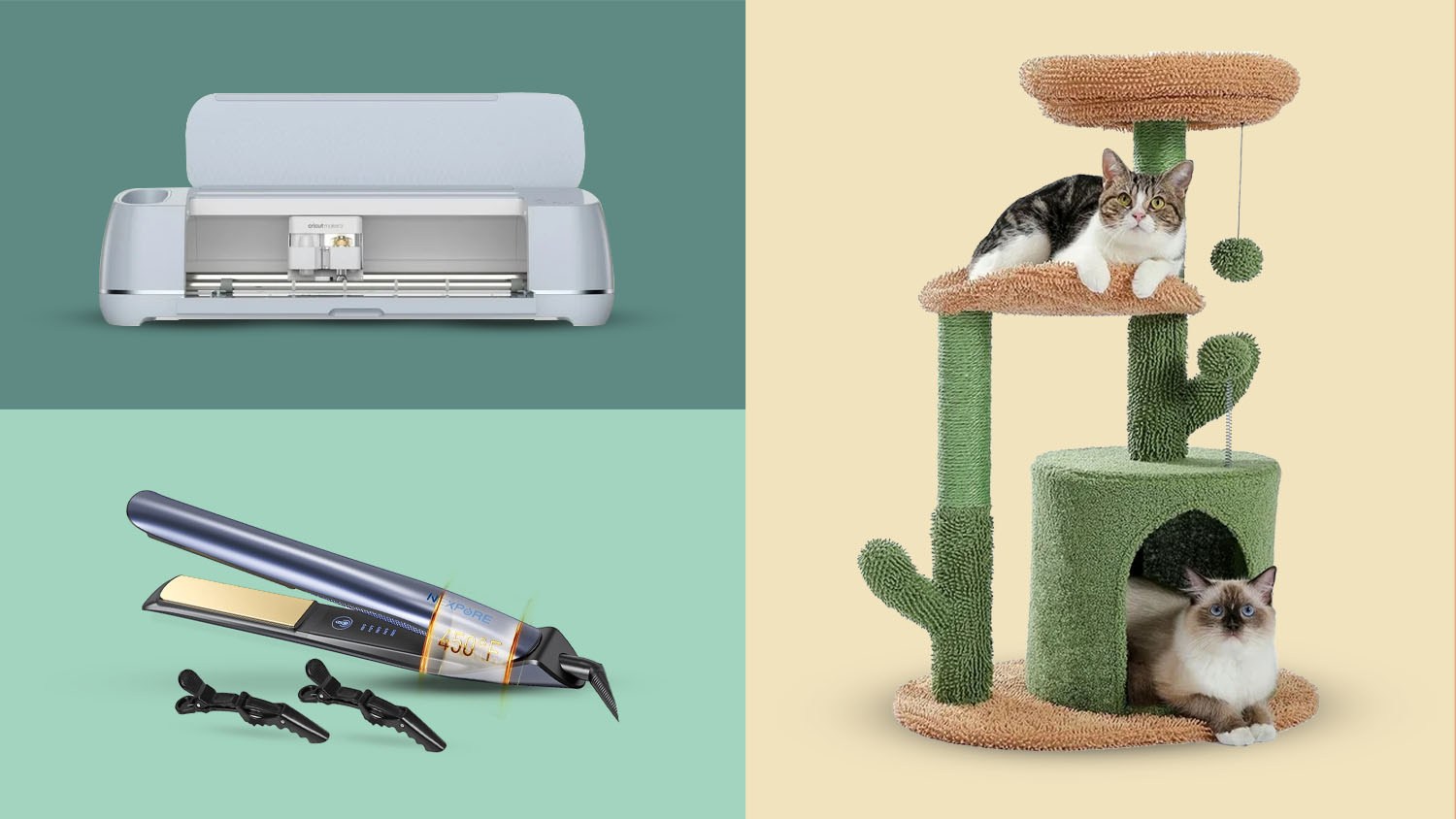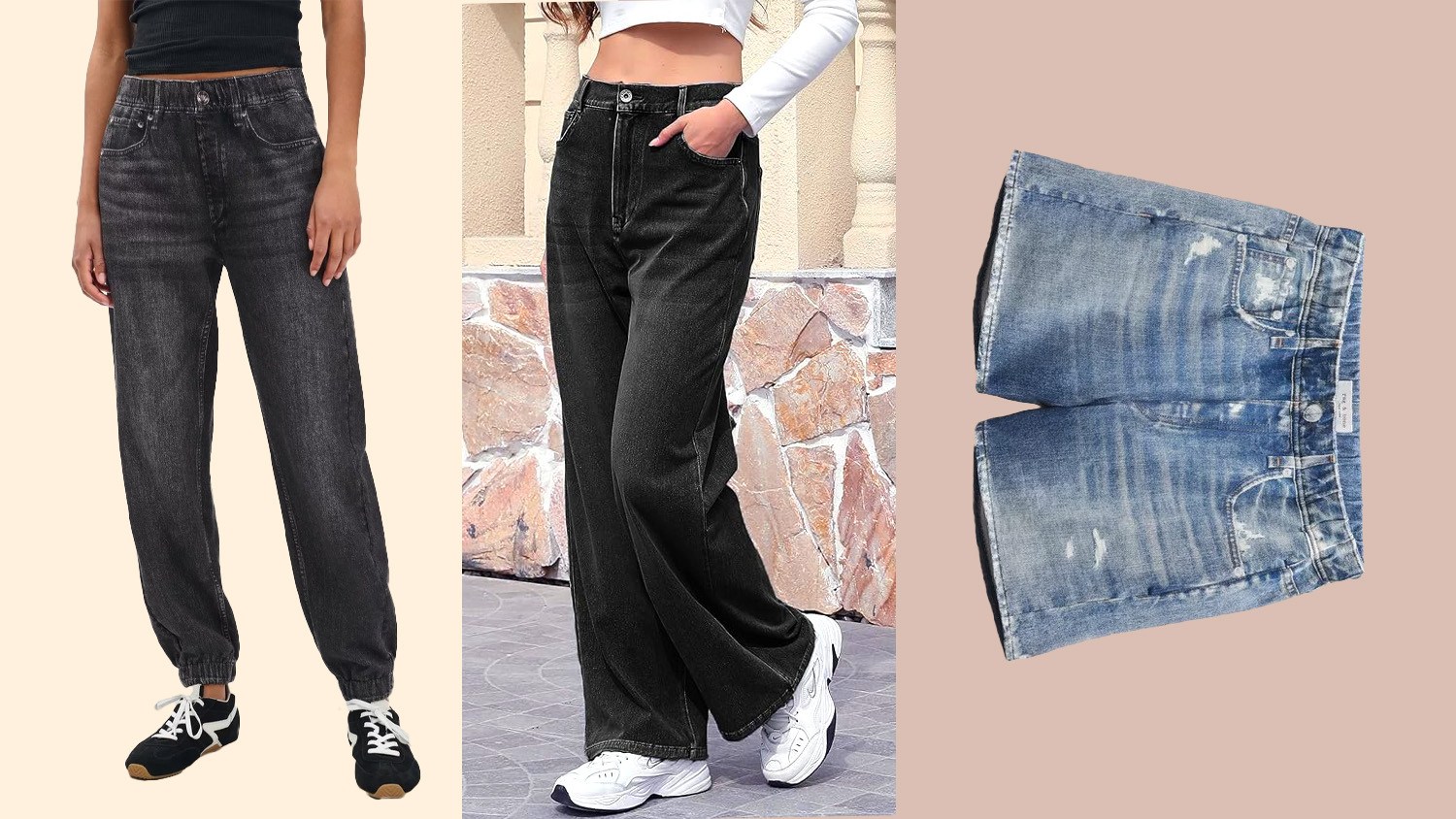(WAVY) — Have you ever heard of social media therapy? It’s a growing trend among young people as they’re making traditional sessions on the couch and a doctor’s visit a thing of the past.
Social media is already notorious for its addictiveness, and now with a boost of mental health and medical advice ready and available at the swipe of your fingertips, these apps are even harder to resist.
At the root of this new wave is social media feeds and the power of algorithms. You can search hashtags or watch a single clip long enough, and then scroll yourself right into a curated feed based on your interests.
Gen Z and those on the millennial cusp are tailoring their social feeds to medical or mental health advice from self-proclaimed Insta-doctors and TikTok therapists.
Some find that getting their health advice from these platforms is more convenient and offers more privacy opposed to meeting with a doctor or therapist in person, while others don’t have health insurance and believe this approach saves them money.
In a study by Pew Research in 2023, they reported 67 billion mental health searches made on TikTok.
Georgia Dunphy, a 25-year-old law student at Regent University, finds favor with the trend but still recognizes its flaws.
“I’ve been influenced so much, even recently, by these Insta-doctors,” Dunphy said. “They call it a feed for a reason. You can consume, consume, consume, and you keep going back for seconds, thirds, fourths.”
Many turning to TikTok for therapy enjoy the privacy, not having to pay out of pocket and how it often affirms what they’re already feeling.
“In the pandemic and even during undergrad, I would just find myself losing hours scrolling on TikTok and like wanting to feel validated and seeking out what these therapists and Instagram and doctors [were saying],” she said. “No one is giving you feedback. And so you’re constantly in that mode of comfort. You’re living within your own boundaries.”
Elizabeth Dixon, a licensed professional counselor with Sentara Behavioral Health, said there are both positives and negatives to looking for therapeutic advice on social media.
“I would say the positive is it brings awareness to what symptoms can be or what certain diagnoses are,” Dixon said. “But then the flipside of that is that some of the advice that they may see or a diagnosis may not be coming from somebody that’s qualified to provide that diagnosis or those symptoms.”
According to online medical platform PlushCare, its research shows more than 80% of the mental health advice on TikTok is misleading.
Part of the problem is if you’re just scrolling, you can’t ask anybody your question,” Dixon said.
“It’s a one-input source, right? But they’re not able to ask questions. They’re scrolling, scrolling, scrolling. And the other concern I have for social media as a substitute for therapy is the algorithm is when you start scrolling and you see anxiety, then it responds and you see more of the same thing, whether it’s accurate or not.”
Dixon said to make sure to vet the people you’re getting medical advice from and avoid self-diagnosing yourself, as you could be creating a problem that doesn’t exist.






